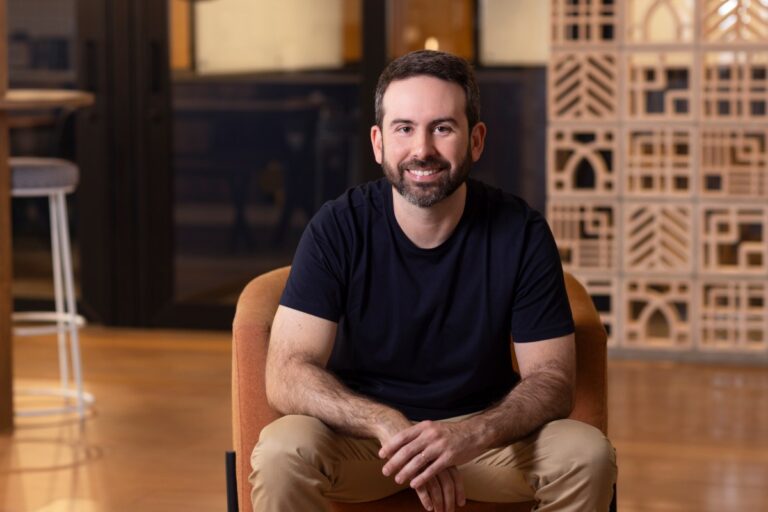Managing payroll is difficult in any country, but perhaps especially in Brazil, due to constantly changing laws and extremely influential unions that make managing salaries much more difficult. Fernando Gadotti struggled with this as co-founder of DogHero, the LatAm version of Rover. When Gadotti left the company in 2022, after selling it in 2020, he decided that was where he wanted to focus next.
“Every time payroll comes in, there’s just a struggle, like it’s dreadful, many hours, just like double-checking the data, and we couldn’t really get the information that we needed,” a Gadotti told TechCrunch. “(We were) pretty much working in the dark, and as we grew, I realized that these issues weren’t just annoying; they actually slow down the business. We waste a lot of time in busy work.
Just months after leaving DogHero, Gadotti began working on São Paulo-based Tako, an employee lifecycle platform that automates tasks like onboarding and payroll to save businesses time and consolidate all the information about their employees in one place. Tako also provides employees with a dashboard to view information and access an interactive pay slip intended to increase transparency.
Gadotti said that while there are legacy U.S. payroll companies operating in Brazil, such as ADP, it makes sense to have a local solution because Brazil’s payment system is quite unique. He said laws regarding payroll change frequently. There are also 10,000 unions — companies often have employees in several, he said — that also update their rules several times a year and sometimes have more power than the laws themselves.
Tako uses an LLM (large language model) to track these constant changes. The LLM ingests labor law and union law data and digests it so that Tako developers can keep the codebase up to date. He said they want to keep humans informed to ensure accuracy, but having the LLM get a head start saves a lot of time.
Tako launched its product in 2023. Gadotti said the company has processed tens of millions of dollars in payroll while operating in stealth, but declined to share more details about its customers. Gadotti said the company is currently targeting mid-sized businesses with between 100 and 500 employees in the professional and financial services categories.
“The strategy we have adopted is not to try to boil the ocean,” Gadotti said. “We want to start in a segment that we know before venturing into industrial or more complex areas. We start with simpler segments; As the business evolves, we are looking to more complex segments in the future.
Tako comes out of stealth with a major $13.2 million funding round co-led by Ribbit Capital and Andreessen Horowitz. The round also included ONEVC and the founders of Ramp. Gadotti said the company plans to devote the majority of its capital to research and development, in addition to doubling or tripling the headcount of its R&D team.
There are many potential areas that Tako could expand into in the future, such as the wide world of employee benefits. Gadotti said the company plans to expand as it grows by creating more features such as instant payments.
Besides competing with traditional companies like ADP, there are several other HR tech startups in the country, like Gupy And Cajuboth of which are more focused on other areas of human resources and employee management. But if Tako expands in these areas, which is likely, these companies could also become strong competitors.
The name Tako means “octopus” in Japanese, which Gadotti said fits his vision for the company. Tako’s platform is meant to be the brains of employee data, with its tentacles extending into different areas of employee management.
“We want to focus on the entire employee lifecycle,” Gadotti said. “We are constantly listening to our customers’ problems and areas they want us to help with.”

